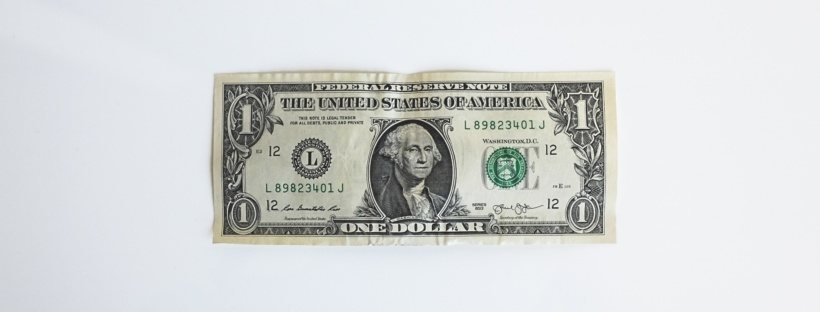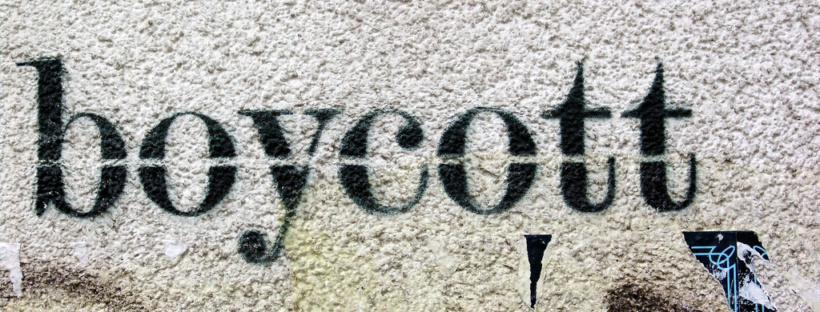Over the Range!“Your fresh-cooked vegetables shouldn’t come out of the microwave soft and mushy. Our sensor-equipped models take the guesswork out of cooking many common foods by using built-in sensors to automatically set power and time based on food moisture levels.” [GE Website]
“Convection oven cooking combined with microwave power produces beautifully baked and roasted foods fast. The convection fan is mounted on the right side of the oven and is surrounded by a 1550-watt heating element, allowing you to convection bake in your microwave oven at any temperature between 225 and 450 degrees.”[GE Website]
*
Anita Gross drove by David’s Appliance Depot on Reisterstown Rd. in Baltimore, MD and saw her to dream GE Profile 1790 sensor technology Convection over-the range Microwave oven featured in the storefront window.
“We have one left. We’ll give it to you at our bargain giveaway price of $950. We offer optional payment plans as well with no extra fees! You won’t find a better deal anywhere in town…Don’t give up this once in a lifetime opportunity. By the next shipment, we’re raising the price to $1050”, pressed the salesman… Persuaded…though a bit wary…Anita handed the salesman three hundred fifty dollars cash and two post dated checks for three hundred dollars each.
Driving home with her prize in her trunk, Anita stopped off for a pizza at a local Kosher Pizza Shop when she eyed an advertisement in the “Where What When” Jewish Monthly on one of the tables. Abe’s Appliances featured her dream 1790 for $694. Mortified, she went home, did some homework and found that she was duly ripped off – over the range! GE’s suggested retail price was indeed $694. Incensed, Anita returned the next day to David’s Appliance Depot and demanded a sale reversal. “It’s a done deal Madam…”
May David’s Appliance Depot charge $950 for merchandise valued at $694?
Does Anita have any recourse on the day of purchase?
Does Anita have any recourse the next day?
What’s the Law?
The Answer
Generally, David’s may not charge $950. If Anita discovers that she was overcharged 16% of the going rate, she may have recourse (see detailed explanation).
Detailed Explanation
Over the Range! Implicates the following four laws.
Taking advantage of an individual by overcharging or underpaying is generally prohibited [Choshen Mishpat 227: 1].
A customer who discovers, within the timespan necessary to ascertain the true value of the article (and return to the proprietor), that he or she paid more than 16% of the going rate, may generally rescind on the sale and demand his/her money back [Choshen Mishpat 227: 2].
After the timespan necessary to ascertain the true value of the article (and return to the proprietor, the customer forfeits this right to retract on the deal. We assume that the customer ascertained the value, pardons the proprietor and consents to having been overcharged [Choshen Mishpat 227: 7].
Is a consumer who has not yet paid in full likely to consent to the degree of overcharge after the timespan necessary to ascertain the true value of the article, or does he/she view their holding on the money as leverage through which he/she can use to ensure a fair price as long as he/she still is in possession of the money? [Ketzos HaChoshen 227: 3]
As valid arguments can be made to both sides, we would leave the status quo, and would not obligate the consumer to continue paying the full agreed upon price.
Are head-checks considered having paid for the article in full?
This depends upon the society. Generally in America one cannot receive cash for head-checks. Additionally, the issuer retains the right to cancel the check. A check is simply an IOU.
However, in Israel it is common to be able to redeem third party head checks for cash. In addition, in Israel, like in Old British Law, it is a felony to indiscriminately cancel a check.
Thus, in an American style society, having given head checks is deemed as though the merchandise has yet to be paid for in full. Whereas, there is strong reason to believe that in an Israeli style society, forwarding head-checks is as though the merchandise is paid for in full.
Application
David’s Appliance Depot overcharged Anita more than 16% of the going rate. Anita did not notify David’s or return until the next day which was after the timespan necessary to ascertain the true value of the article. Thus, she theoretically, forfeited her opportunity for recourse. However, two thirds of the payment were in head checks. In America, we will assume that full payment was yet to be paid. We would therefore, allow Anita more time to rescind on the deal.









